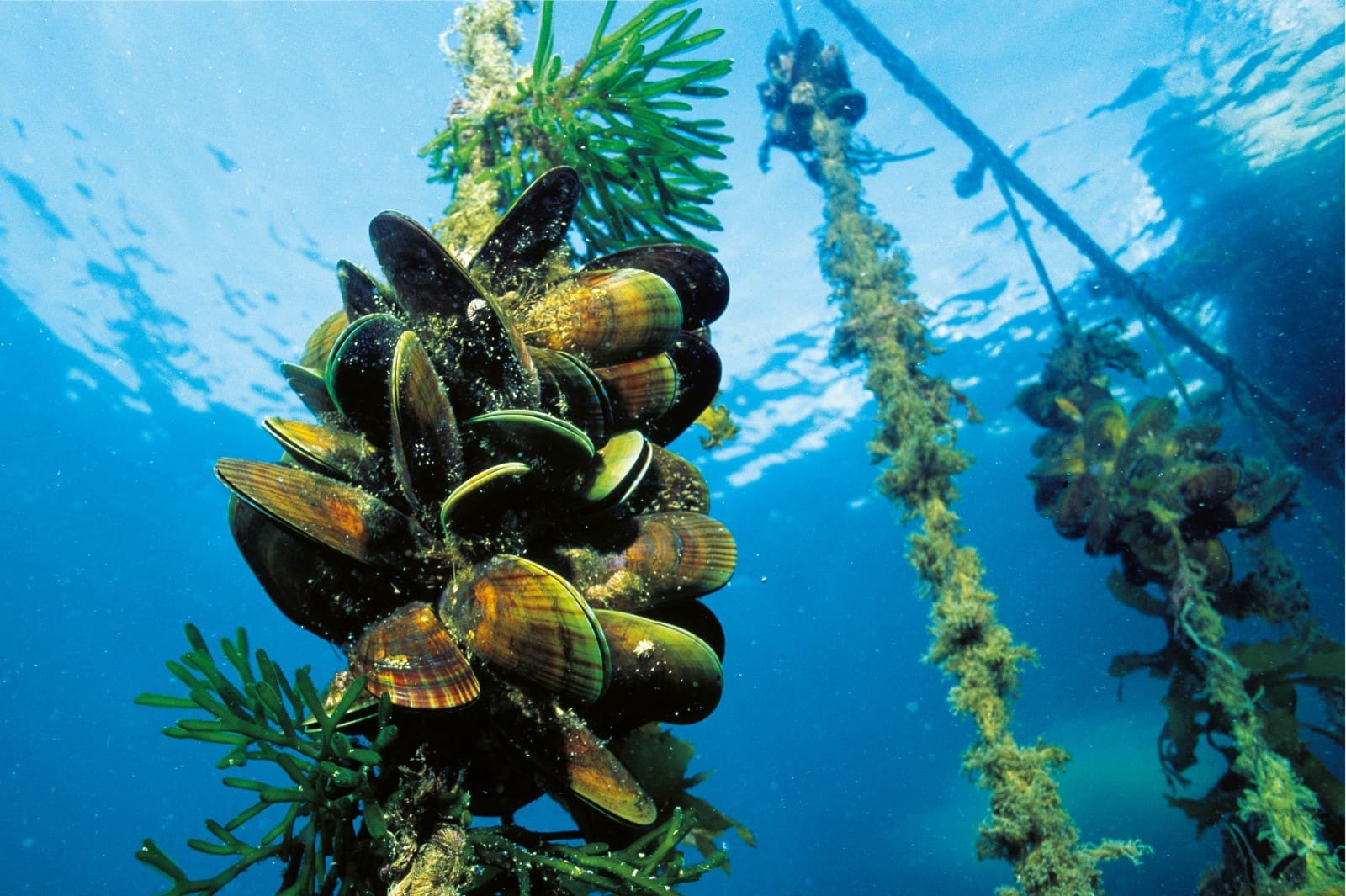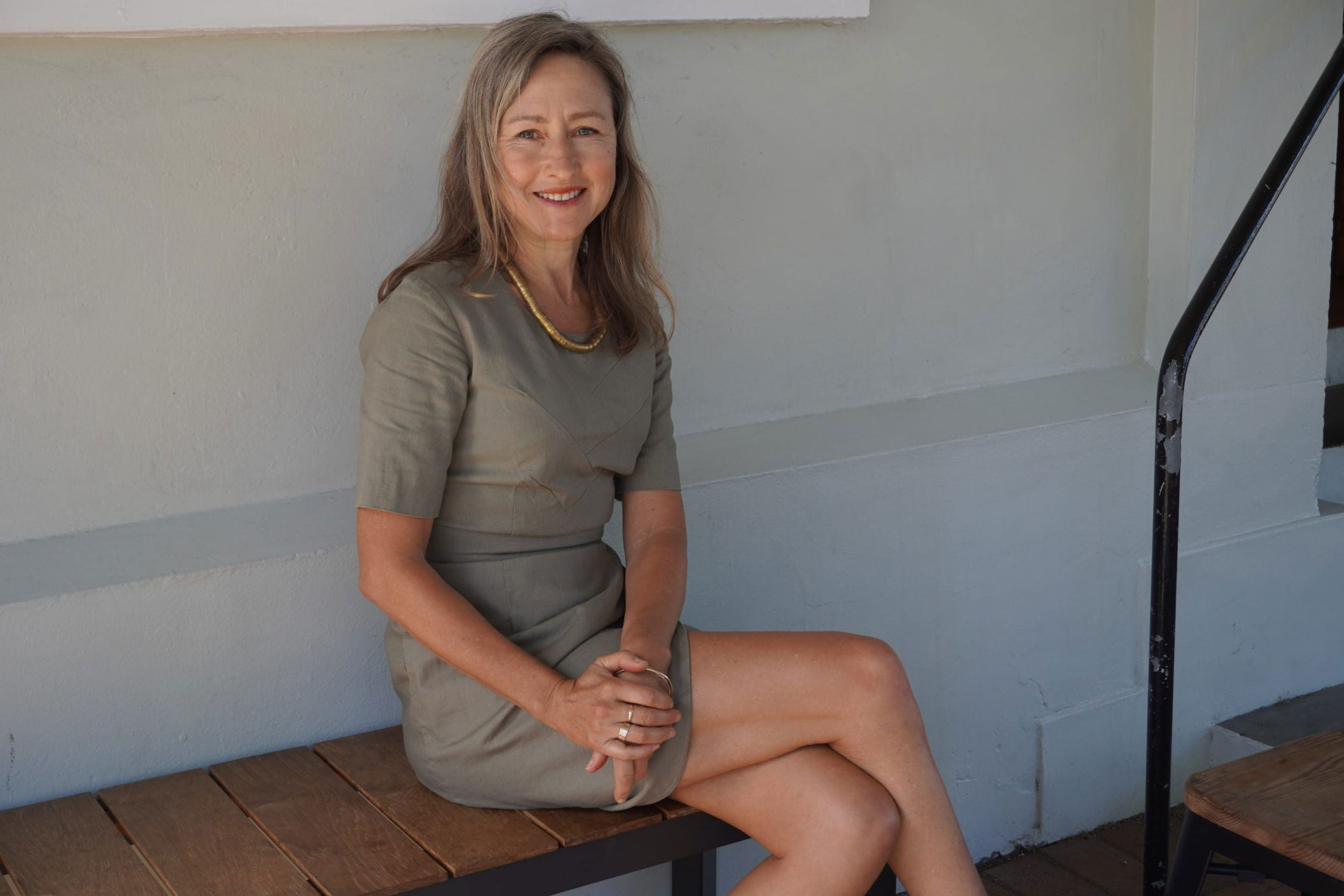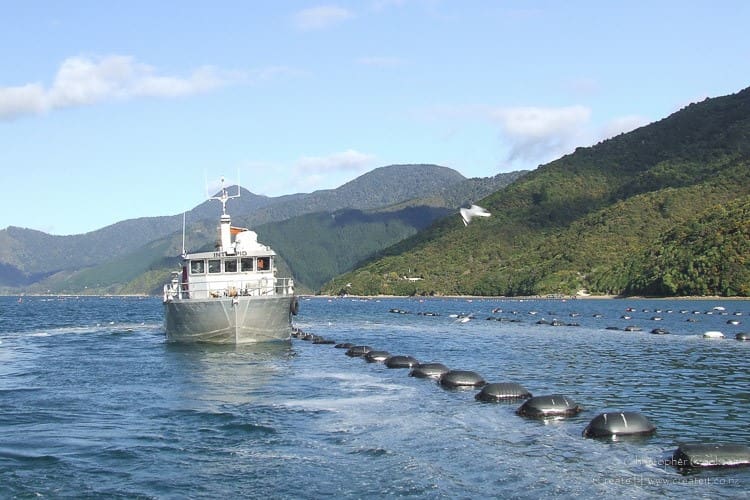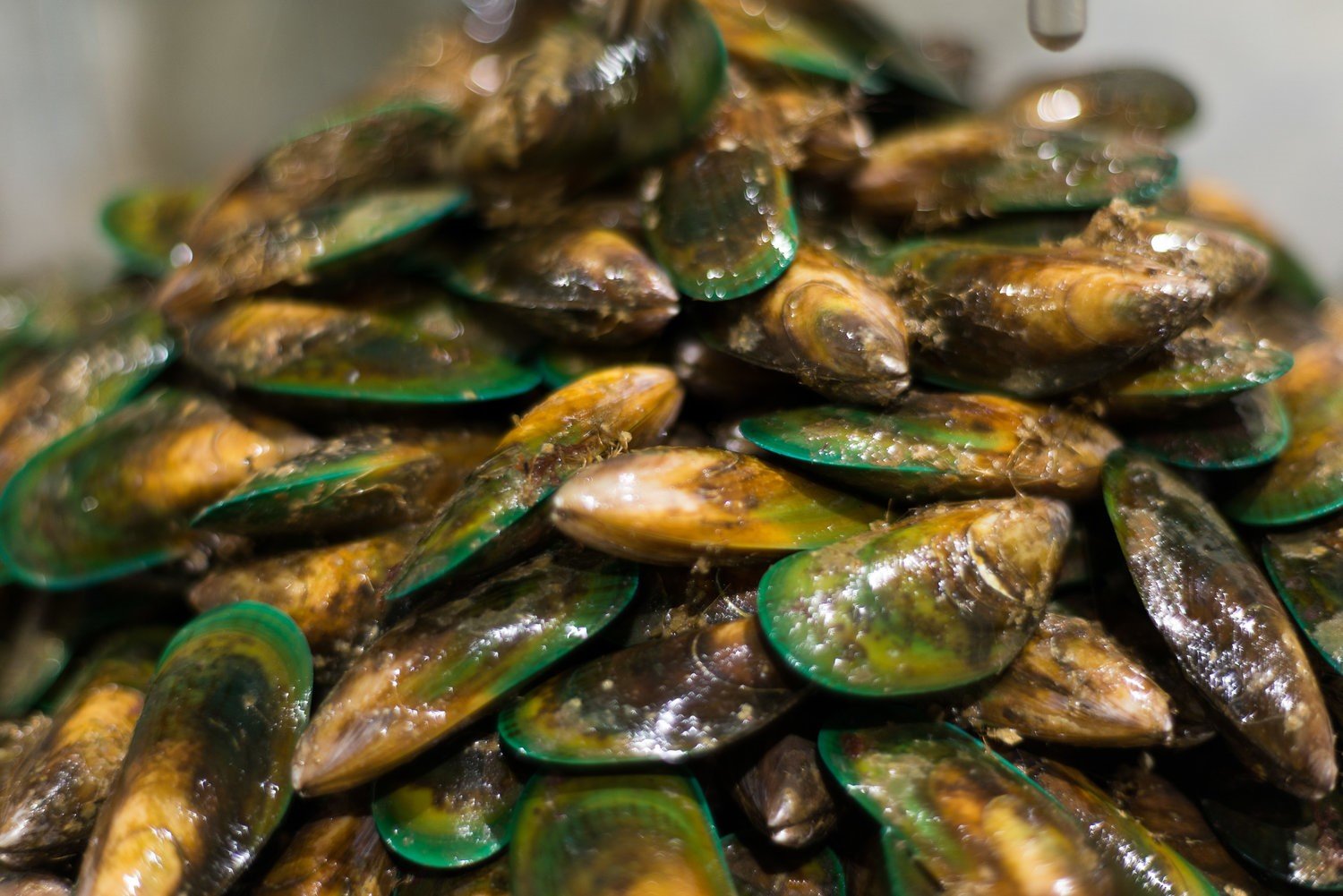Rebecca Clarkson – Putting the mussel into Aquaculture

There are those industries out there which you hear about every so often but don’t know much about, the closest you get to it is when you buy it from the supermarket. Even then, you don’t realise the other aspects of this industry and its additional uses, and I’m talking about the mussel industry.
One of the shining stars that have been involved in the development and growth of the mussel industry is Rebecca Clarkson. Like many of us when we were young, Rebecca didn’t start off in the career she now finds herself in. Originally from Dunedin, her first passion was English. Until Rebecca figured out what she truly wanted out of life, she studied environmental health science and started working in public health. After travelling overseas for many years, she was offered a role in Nelson in public health. Having other family members living in Nelson and spending many summers holidaying here was a dream come true. Rebecca found her true longing for where she wanted to be. Rebecca explains, “Because of what I was doing in the top of the South, quite a lot of my work was involved in the shellfish biotoxin programme, I made many contacts within the mussel industry. Then a role became available at the Mussel Industry Council to be the 2IC. It was such a great launching pad as it was just the Chief Executive and me providing support for the whole of the mussel industry in New Zealand, so you became the jack of all trades.”


The mussel industry is often in the news regarding new methods of farming, the benefits of mussels not only to eat but more recently, medical research that is currently being performed into the benefits such as for Osteoarthritis. It is also an industry that looks at other aquaculture products that can work alongside the mussels. I asked Rebecca what she was currently working on. She explains, “We work across all aquacultures, so mussels, salmon and oysters are the main species, but seaweed is becoming an interesting hot topic, Government, Iwi, impact investors and research providers such as the Cawthron Institute are looking at seaweed opportunities.. There are a range of uses, but the one that is flavour of the month is a seaweed called Asparagopsis, which can be made into a supplement for the dairy industry to potentially reduce their methane emissions by 90%. We are in the process of helping the mussel farmers obtain permission to also farm seaweed, and it is early days but the work being done now will help us understand its commercial viability”.
What is becoming an important aspect of the industry is Matauranga (Māori Knowledge) environmental stewardship and economic development to preserve Māori culture and improve the quality of life for the Māori people over time. Rebecca explains, “It’s become an important part of what we do. Māori get 20% of economic water space as a right because it is who they are, part of their culture, they had aquaculture well before we did. Government is really interested in helping. A group of Iwi in the Bay of Plenty is working together to realise new opportunities. What they want to do is pick a few species, put some infrastructure in the water, but they are not just growing a product, they are growing a brand. Growing the next generation of aquaculture specialists, they are setting up academies and career opportunities. This brings an intergenerational focus to the industry”
Have you ever wondered what happens to discarded mussel shells. In the top of the South, as you drive a few miles out of Havelock towards Blenheim, on the left-hand side is Mount Perna, a massive pile of mussel shells. There are now many uses, from being crushed and used in vineyards and other agricultural applications as a substitute for lime. Rebecca loves mussels, who wouldn’t, and her favourite way of cooking them is raw shucked half shell on the BBQ. She knows they are good for her, it’s a nice clean protein, very healthy and its cheap.
With summer upon us, why not throw a few on BBQ yourself.
Read More


Good work guys, The food value and minerals that are in all shellfish needs to be put out there more.